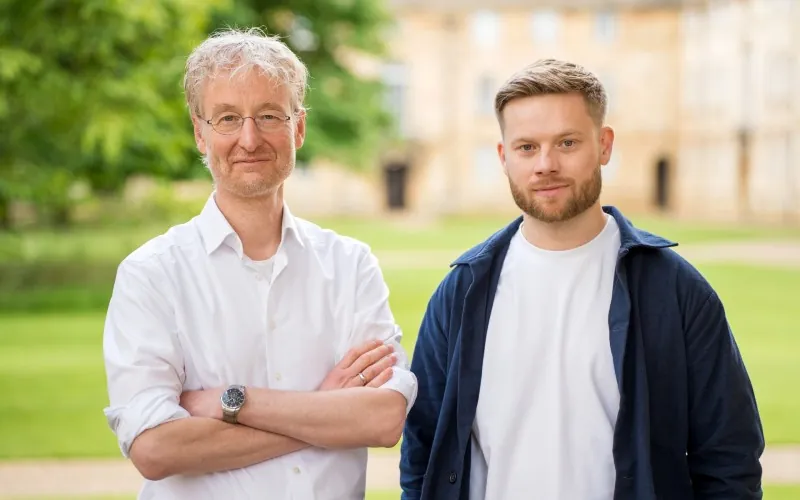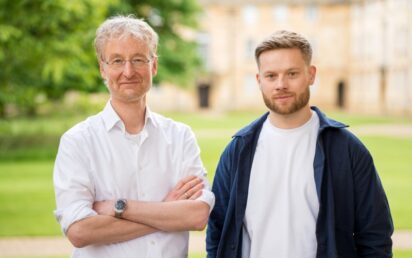The startup behind a platform for developing new materials to tackle global sustainability and clean energy challenges has secured £24 million in seed funding from leading European and US venture funds.
CuspAI leverages generative AI, deep learning and molecular simulation to streamline the material design process. The platform functions like a search engine for materials, allowing users to request specific properties for new materials on-demand.
This enables the rapid generation and evaluation of a vast number of novel structures, ultimately leading to the discovery of materials with precise functionalities.
The round was led by Hoxton Ventures, with significant participation from Basis Set Ventures and Lightspeed Venture Partners.
Other investors in the round include LocalGlobe, Northzone, Touring Capital, Giant Ventures, FJ Labs, Tiferes Ventures and Zero Prime Ventures. Prominent angel investors, including Mehdi Ghissassi and Dorothy Chou from Google Deepmind, also participated in the round.
CuspAI was founded by Professor Max Welling, a renowned pioneer in AI and former Distinguished Scientist and VP at Microsoft Research and Qualcomm, and Professor at the University of Amsterdam.
Co-founding the company with Welling is Dr Chad Edwards, a chemist who has spent his career in DeepTech commercialisation including at Google and BASF and most recently quantum computing leader Quantinuum.
Geoffrey Hinton, known as the ‘Godfather of AI’, will also serve as a board advisor.
“Humanity will face many challenges in the coming decade. Some will be caused by AI while others can be solved by AI,” said Hinton.
“I’ve been very impressed by CuspAI and its mission to accelerate the design process of new materials using AI to curb one of humanity’s most urgent challenges – climate change.”
Professor Welling, chief AI officer at CuspAI, said: “Imagine a search engine not just for existing materials, but for all potential molecules and materials that could be created. Our AI can generate and evaluate new materials on demand.
“For example, you can request a material that selectively binds carbon dioxide under specified conditions – the AI then generates, evaluates and optimises the potential molecular structures that meet those exact criteria.
“Through careful process optimization and lab testing, we’re able to close the loop and ensure materials are synthesizable, stable and ultimately useful in production.”
CuspAI has partnered with Meta with a view to furthering its open science contributions focused on the discovery of new materials to address climate change.
Yann Le Cun, VP and chief AI scientist at Meta, said: “The Fundamental AI Research (FAIR) team is looking forward to collaborating with CuspAI in their use of AI, including our OpenDAC work, to accelerate the discovery of novel DAC sorbent materials.
“The world needs fast progress on affordable carbon capture, and we believe that CuspAI’s team is in an excellent position to apply AI-based materials discovery to this pressing problem.”
Dr Chad Edwards, co-founder and CEO of CuspAI, said: “The AI revolution is itself creating new challenges, including rapidly increasing energy consumption and carbon emissions from data centres. Our technology can help mitigate this impact by designing materials that efficiently capture carbon dioxide.
“Carbon capture is just the start – the material class we have in mind are well-suited for many other applications including energy storage, catalysis and gas and water purification. By harnessing AI for design and process optimisation we can create materials and solutions tailored to the specific needs of almost any industry. We are entering the age of ‘precision materials’.”


